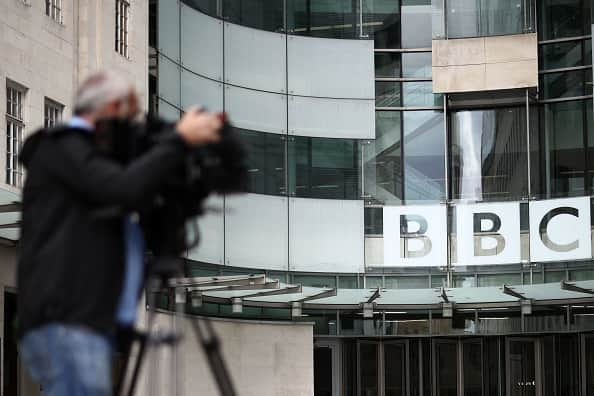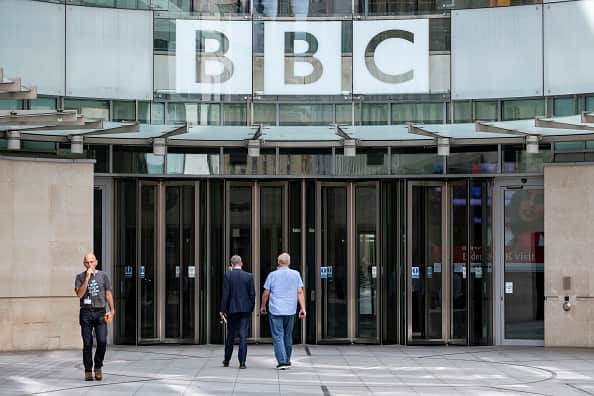BBC presenter scandal: Why isn’t host being named publicly - the laws explained
and live on Freeview channel 276
Widespread speculation continues over the BBC presenter involved in the sex pictures controversy with a teenager. The story, first reported by The Sun, has sent shockwaves across the country - but why hasn’t the presenter been named by the media?
There is more to it than that, as media outlets face legal and editorial complications if they identify the person in question. One of the main factors to consider is that the claims presented in The Sun newspaper are merely allegations. It is uncertain whether The Sun has examined any evidence or the nature of that evidence and its source.
Advertisement
Hide AdAdvertisement
Hide AdMoreover, other news sources have not had access to any evidence and would depend on The Sun’s account for their reporting. The legality of the situation is also ambiguous since the specific content and timing of the alleged photographs remain unknown. It is uncertain if any laws have been broken.
Regarding the BBC, top management are aware of the identity of the individual at the centre of the allegations since they have suspended him. However, they would still prefer to thoroughly investigate the claims before disclosing his name.
According to the BBC’s home and legal correspondent, Dominic Casciani, the public needs to understand the question of a crime in which the presenter is said to have paid a young person a significant amount of money for sexualised pictures when the teenager was 17, which was over the age of sexual consent.
He said: “But that’s not the relevant law when it comes to allegedly indecent images.The Protection of Children Act 1978 says that it is a crime to take, make, share and possess indecent images of people under 18. The maximum sentence is 10 years.
Advertisement
Hide AdAdvertisement
Hide Ad“A person under the age of 18 cannot give their consent to the images being taken. If the mother’s account to the Sun is true, you don’t need to be a lawyer to see the potential for a prosecution.
“These laws have been tightened over the years to protect young people aged 16 and 17 from sexual exploitation.


“There’s a debate among sexual offences experts whether the law should criminalise some teenagers who are in a relationship - but that debate is entirely different to the allegation of a famous adult using their power over someone far younger.”
Why is the man not being named by the media?
According to Casciani, the first issue involves defamation laws, which protects individuals from the significant harm caused by false information. These laws protect not only high-profile BBC presenters but also entirely private individuals.
Advertisement
Hide AdAdvertisement
Hide AdAnyone who engages in speculation on social media regarding the presenter’s identity today should exercise extreme caution regarding the potential consequences. They could face legal action and financial damage due to the harm they cause.


He said even innuendos can have devastating effects on a person’s reputation.
The second issue involves privacy. Since a major Supreme Court ruling in 2022, a right to privacy covers people who are under investigation by a law enforcement agency.
This means the stage before they have been formally charged with a crime and sent to the courts. The rationale for that protection is that if the police drop the case, they would have suffered untold unjustifiable damage to their reputation by being identified in the media.
If news outlets are short of the facts, the legal risks of implicating someone of wrongdoing are huge.
Comment Guidelines
National World encourages reader discussion on our stories. User feedback, insights and back-and-forth exchanges add a rich layer of context to reporting. Please review our Community Guidelines before commenting.
